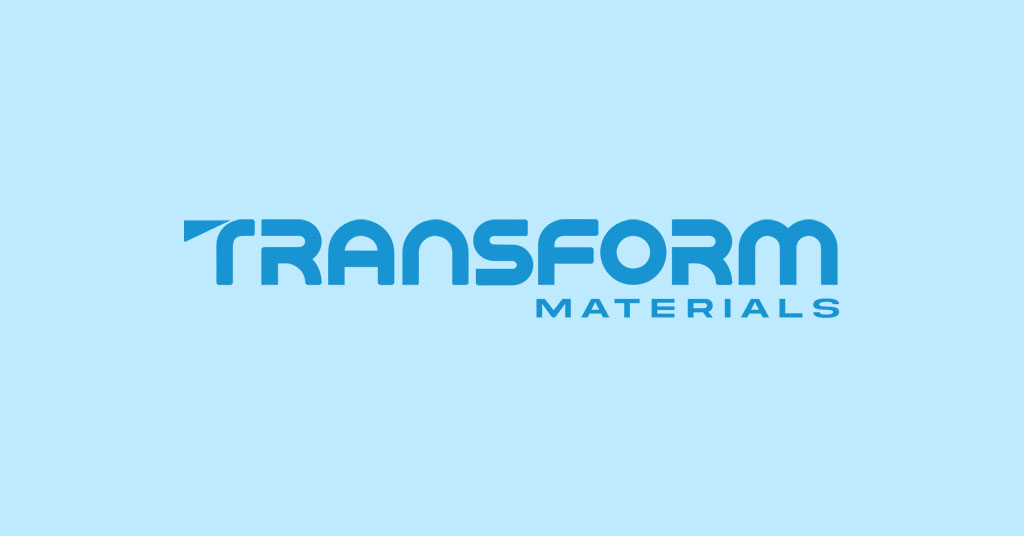Welcome To ChemAnalyst

The ongoing trend of industrial electrification is opening up substantial avenues for creating value among industrial firms across the value chain. Notably, Transform Materials, an innovative company that focuses on sustainable chemistry and uses microwave plasma technology to convert hydrocarbons and natural gas into acetylene and hydrogen, has made remarkable advancements. It has positioned itself as a pivotal player in the realm of industrial electrification, particularly in the context of battery energy storage systems.
The global appetite for batteries is witnessing a sharp increase, primarily spurred by the pressing need to combat climate change through widespread electrification of mobility and the overarching energy transition. In a recent report titled Battery 2030, the Battery Insights team at McKinsey & Company anticipates that the entire lithium-ion (Li-ion) battery chain, stretching from mining to recycling, could see an annual growth rate surpassing 30% from 2022 through to 2030. By the end of this period, the market could potentially reach a valuation exceeding $400 billion and a size of 4.7 TWh.
One material that plays a crucial role in the production of lithium-ion batteries is acetylene black. Demand for this component has surged in response to the growing popularity of electric vehicles (EVs) and the increasing use of energy storage for solar photovoltaic (PV) panels. So integral is acetylene black to the manufacture of lithium-ion batteries that the Japanese government has acknowledged the necessity of ensuring a dependable domestic supply of the gas.
In accordance with this, Denka, a well-established Japanese chemical manufacturer and a client of Transform Materials, revealed in August of this year that it would receive a subsidy of up to 3.3 billion yen from a Japanese government agency, the New Energy and Industrial Technology Development Organization. This funding is expected to accelerate the development of mass-production technology for low-carbon acetylene.
This development underlines the strategic importance of Denka's agreement with Transform Materials to set up production facilities for acetylene and hydrogen, based on Transform's pioneering plasma technology, at its plant in Omuta, Fukuoka (Omuta City, Fukuoka Prefecture). This partnership marks an important milestone in the journey towards realizing industrial electrification and sustainable energy solutions.
The partnership between Denka and Transform Materials is not just about creating a new supply chain for acetylene and hydrogen. It also represents a significant step in the ongoing evolution of the battery industry, which is currently undergoing a transformation as it adapts to the demands of a rapidly changing global energy landscape. The need for more efficient and sustainable energy storage solutions is becoming increasingly urgent, and companies like Transform Materials are at the forefront of efforts to meet this challenge.
We use cookies to deliver the best possible experience on our website. To learn more, visit our Privacy Policy. By continuing to use this site or by closing this box, you consent to our use of cookies. More info.
